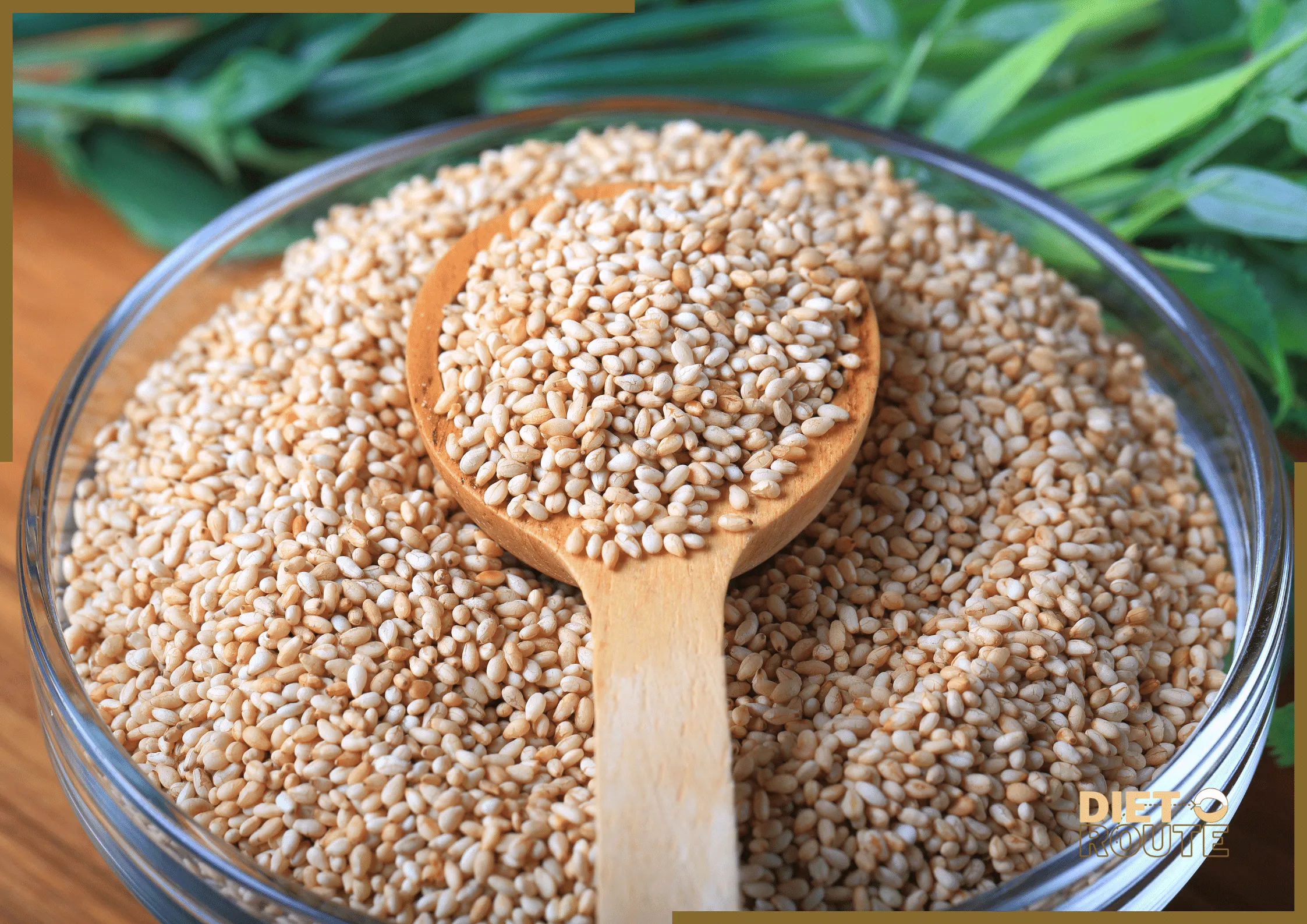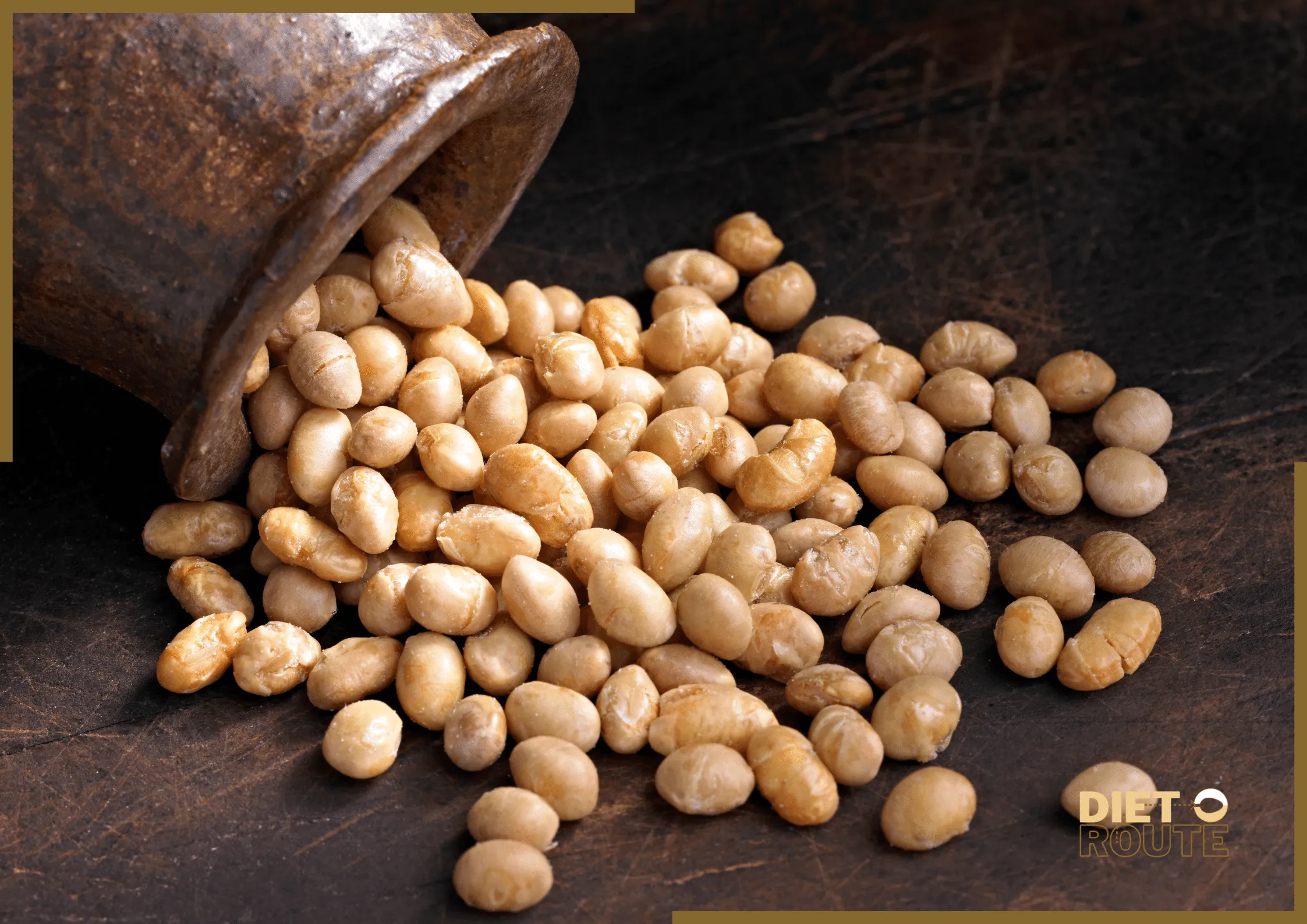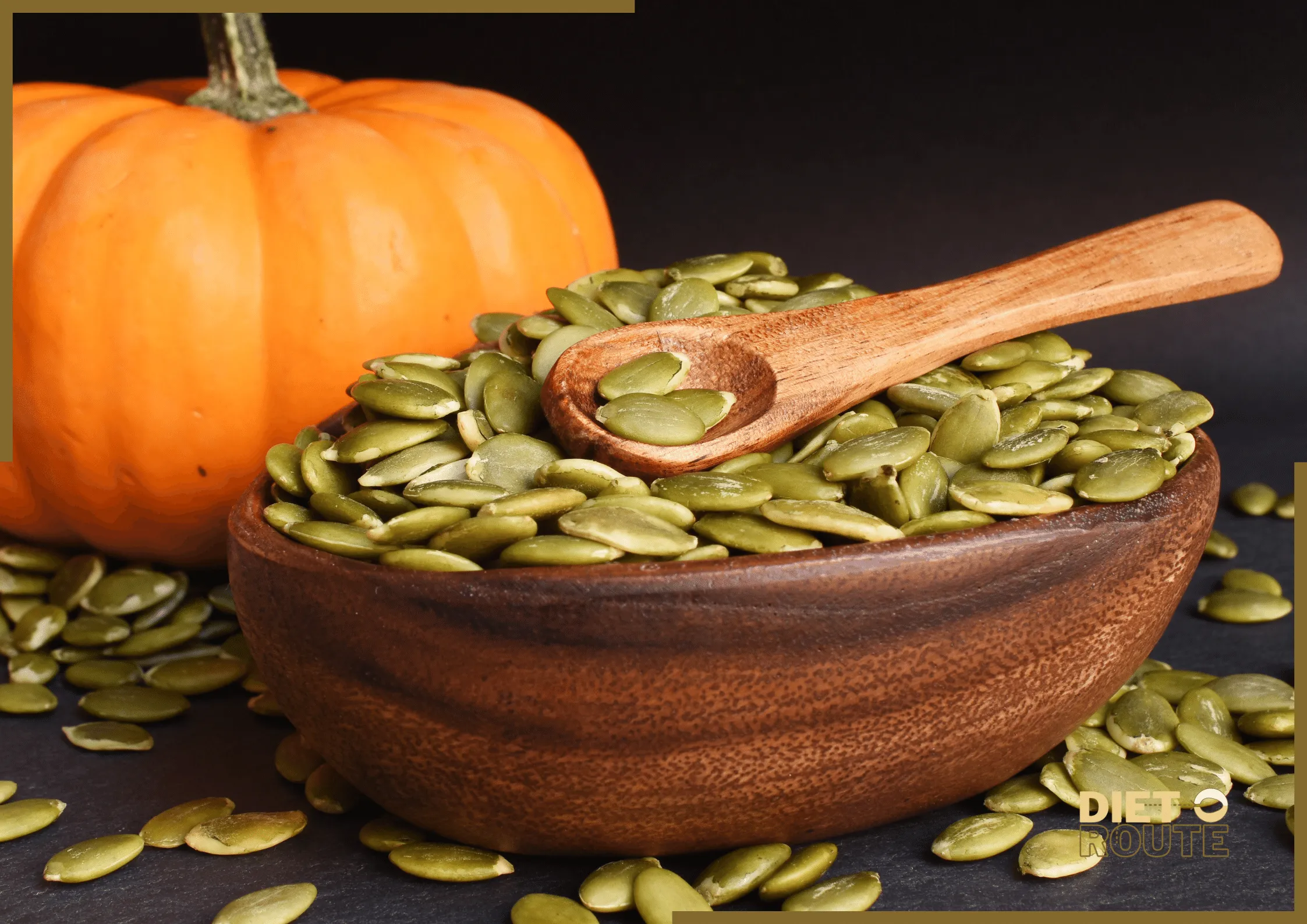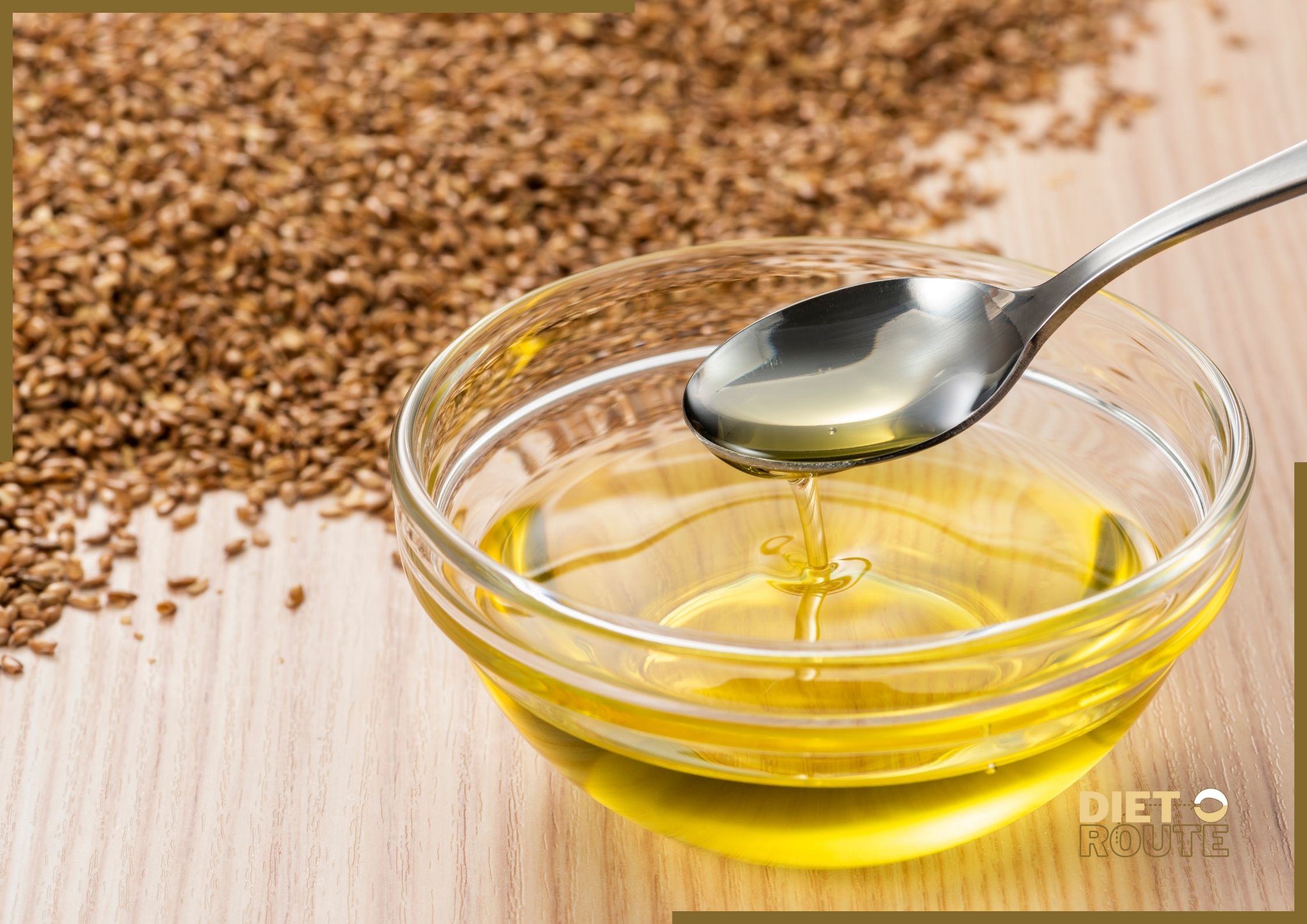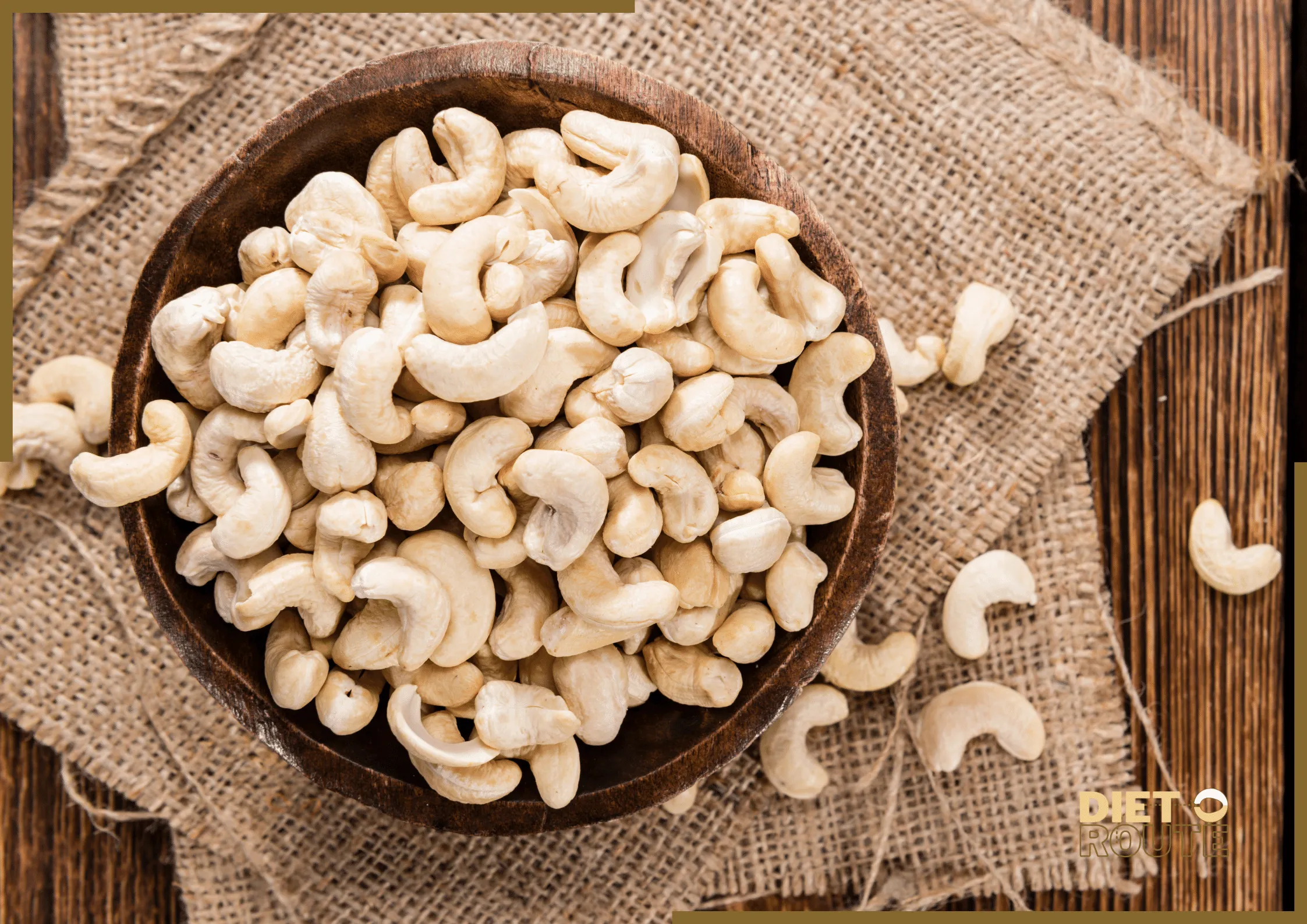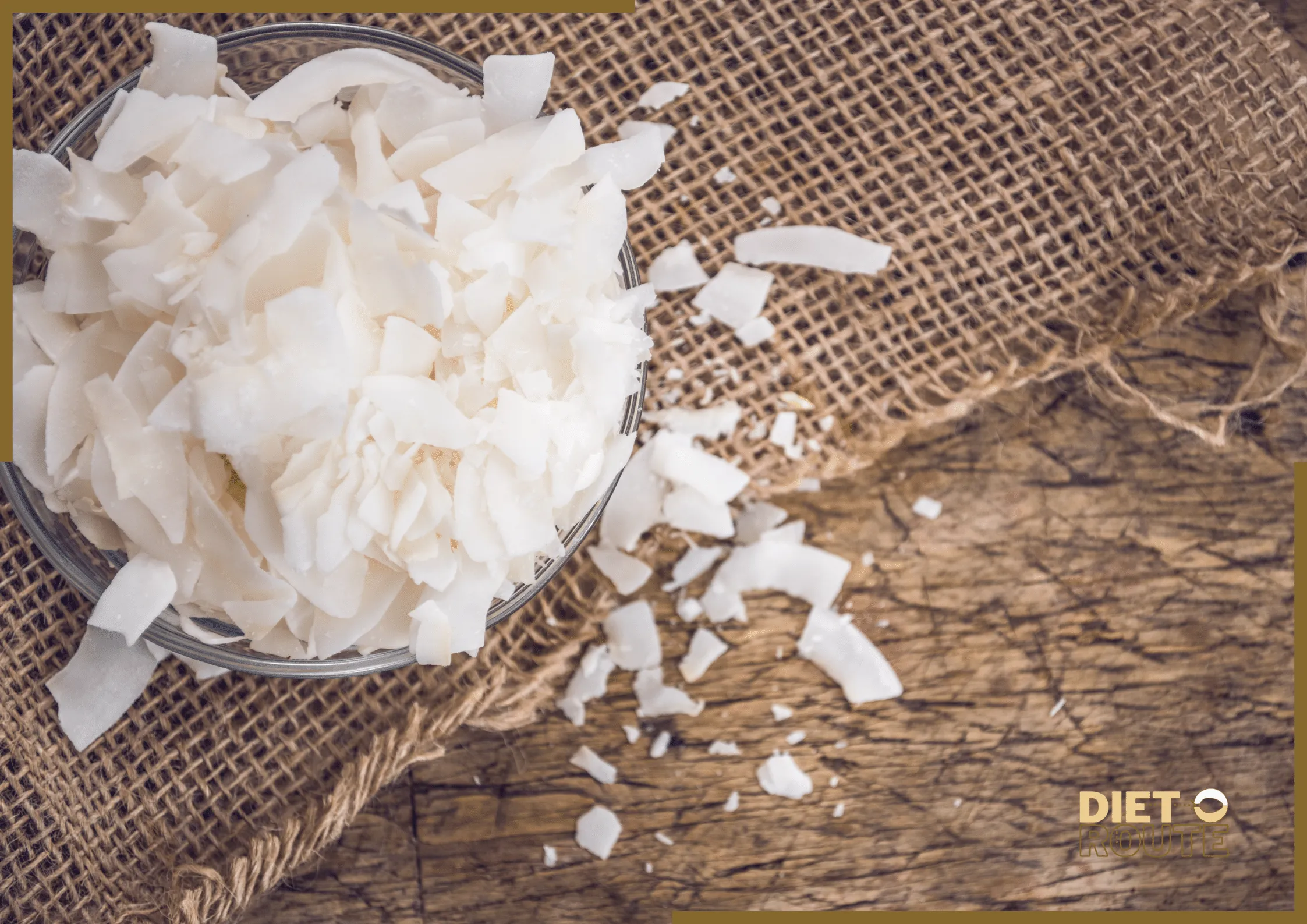Table of Contents
Introduction
For centuries, sesame seeds have been a staple in many cuisines due to their unique nutty flavor. These seeds have various health benefits in addition to their culinary uses. This article provides a detailed analysis of the nutritional value. It includes a comprehensive table outlining their nutrients, a discussion of their advantages and disadvantages, answers to frequently asked questions, and a conclusion emphasizing the importance of including these seeds in a balanced diet.
Nutritional Value Approximately 100g
The values provided are approximate can vary depending on the size and ripeness.
| Nutrient | Amount | % Daily Value |
| Calories | 573 | 29% |
| Total Fat | 49.7 g | 76% |
| Saturated Fat | 7 g | 35% |
| Trans Fat | 0 g | – |
| Cholesterol | 0 mg | 0% |
| Sodium | 11 mg | 0% |
| Potassium | 468 mg | 13% |
| Total Carbohydrate | 23 g | 8% |
| Dietary Fiber | 17 g | 68% |
| Sugars | 0.3 g | – |
| Protein | 18 g | 36% |
| Vitamin C | 0 mg | 0% |
| Calcium | 975 mg | 98% |
| Iron | 14.6 mg | 81% |
| Magnesium | 351 mg | 88% |
| Phosphorus | 629 mg | 63% |
*Percent Daily Values (% DV) are based on a 2,000-calorie diet.
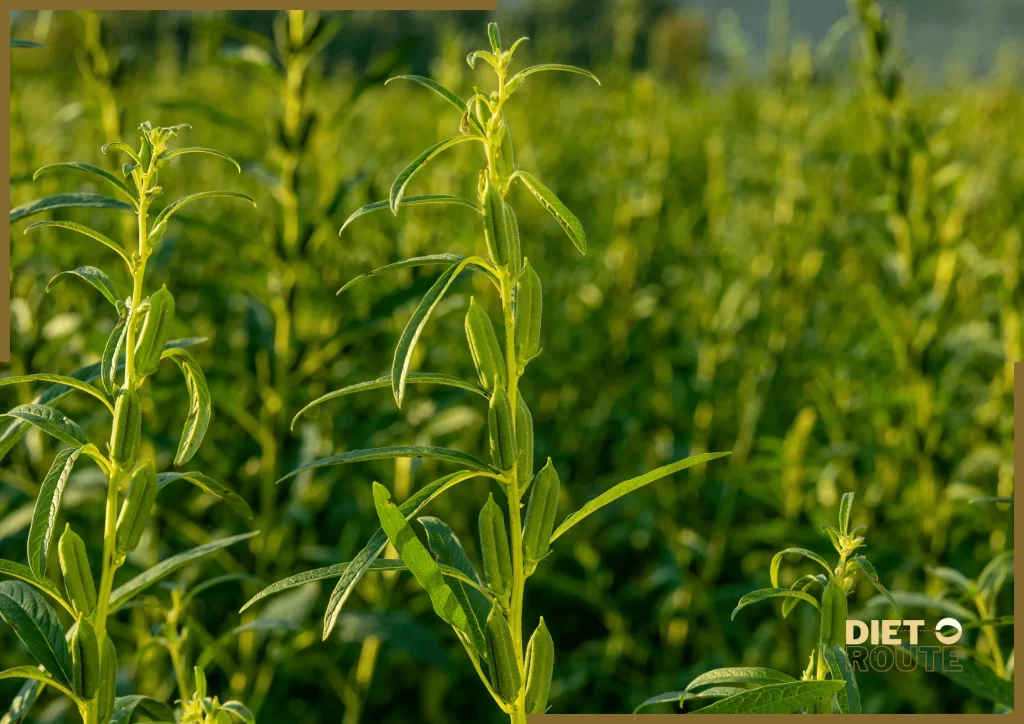
Pros
1.Sesame seeds are a nutrient-dense food source, rich in protein, fiber, healthy fats, and essential vitamins and minerals like vitamin B6, vitamin E, calcium, iron, magnesium, phosphorus, and potassium.
2. These seeds contain heart-healthy fats like monounsaturated and polyunsaturated fats that can aid in reducing cholesterol levels and promoting cardiovascular health.
3. These seeds are rich in antioxidants like sesamol and sesamin that can protect the body from oxidative stress and potentially reduce inflammation.
4. These seeds are a great source of calcium that is crucial for promoting strong and healthy bones and maintaining bone health.
5. These seeds are beneficial for digestive health as they contain high fiber content that helps in maintaining a healthy digestive system and regular bowel movements.
Cons
1.Sesame seeds possess allergenic properties that may trigger allergic reactions in certain individuals. To prevent any allergic reactions, it’s crucial to steer clear of sesame seeds or seek advice from a medical expert if you have a known allergy to them.
Frequently Asked Questions (FAQs)
-
1. What are sesame seeds?
These are a type of edible seed that come from the Sesamum indicum plant. These nuts are available in a variety of colors such as white, black, and brown, and offer a delicious nutty taste.
-
2.What are the potential health advantages of consuming sesame seeds?
They are nutrient-dense, rich in protein, healthy fats, fiber, vitamins, and minerals. These are reputed to enhance cardiovascular health, encourage bone health, assist in digestion, and enhance the immune system.
-
3. Do sesame seeds contain gluten?
These seeds are a gluten-free food option. Individuals with gluten intolerance or celiac disease can safely consume them.
-
4. What are some ways to include sesame seeds in your diet?
These seeds are versatile and can be used in various ways such as sprinkling on salads, adding to baked goods, using as a crust for fish or chicken, or making into tahini, a popular paste in Middle Eastern cuisine.
-
5. Do sesame seeds aid in weight loss?
These seeds are a great source of nutrients, but it’s important to consume them in moderation as part of a well-balanced diet. Incorporating them into your diet as a substitute for high-calorie snacks and processed foods can aid in weight loss.
-
6. Can sesame seeds cause allergic reactions?
These seeds can cause allergic reactions in some people. The symptoms of this condition can vary in intensity from mild to severe and may comprise of hives, itching, breathing difficulties, or even anaphylaxis. Consulting with a healthcare professional is recommended if you suspect an allergy.
-
7. What are the culinary applications of sesame seeds besides being used as a garnish?
Absolutely! these seeds have great versatility in the kitchen. Sesame seeds are versatile and can be incorporated into various recipes such as sauces, dressings, dips, and desserts like sesame brittle or halva.
-
8. What is the proper way to store sesame seeds?
For optimal freshness, it is recommended to store them in a cool and dark location, such as a pantry or refrigerator, in an airtight container. This method aids in avoiding the development of rancidity.
-
9. Do sesame seeds have an expiration date?
Improper storage can cause these seeds, like other nuts and seeds, to spoil. Indications of spoilage comprise of a foul odor or flavor. For the best flavor and quality, it’s recommended to use them within their shelf life.
-
10. What is the cultural and historical significance of sesame seeds?
These seeds hold great cultural and historical importance. For centuries, diverse cultures worldwide have utilized them in traditional medicine and culinary traditions. They are regarded as symbols of good fortune and prosperity in certain cultures.
In a Nut Shell
Sesame seeds have multiple benefits beyond being a delicious garnish for your preferred dishes. For centuries, these small seeds have been highly valued for their nutritional benefits and culinary applications. Incorporating these seeds into your meals not only enhances the taste but also provides a wealth of essential nutrients. Adding them to your diet can have a significant positive impact on your overall health and wellness. Enhance the flavor and reap the advantages by adding sesame seeds to your next dish!
